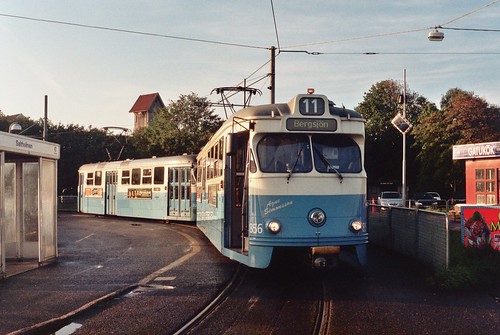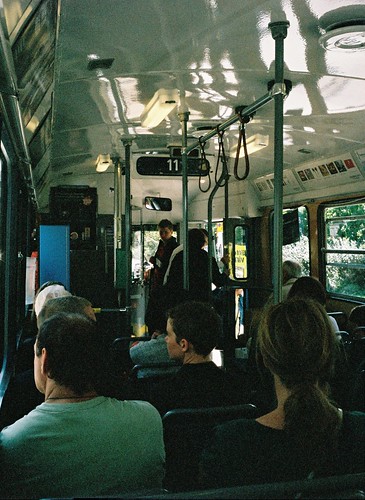

Rail passengers are being forced to use older trains as the average age of rolling stock reached a five year high, according to the Office of Rail Regulation. The figures were seen as a condemnation of the Government's record on the railways by Theresa Villiers, the Tories' transport spokesman. Commenting on this news, "This news is more evidence of Labour's failure on our railways. For years Labour have been promising extra carriages but they never arrive and the average age of rolling stock continues to climb. Three successive Secretaries of State for transport have promised 1300 extra carriages and yet passengers are still stuck on enormously overcrowded and ageing trains."
It is depressing when this kind of comment is bandied about. It does not help public debate. The government's rolling stock procurement programme has got into a mess, but the age of the trains is certainly not the issue and politicians should not be raising the matter. Surely there is enough to attack the government about without this kind of fatuous nonsense?
Trains and other public transport vehicles are not consumer items with a 15 year life. Typically, they can continue in useful service for three or four times as long. Gothenberg has just refurbished its 1960s trams (above) to keep them going for another ten years, and just as well too, because the city's fleet of new Italian vehicles had to be taken off the road for a couple of weeks in February. Some of the trams in the Milan fleet date from 1928. The trains on London's Metropolitan Line are still looking fresh and giving good service after nearly 50 years.
Daily Telegraph article
Kommentarer